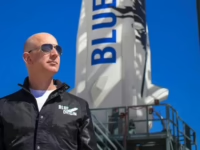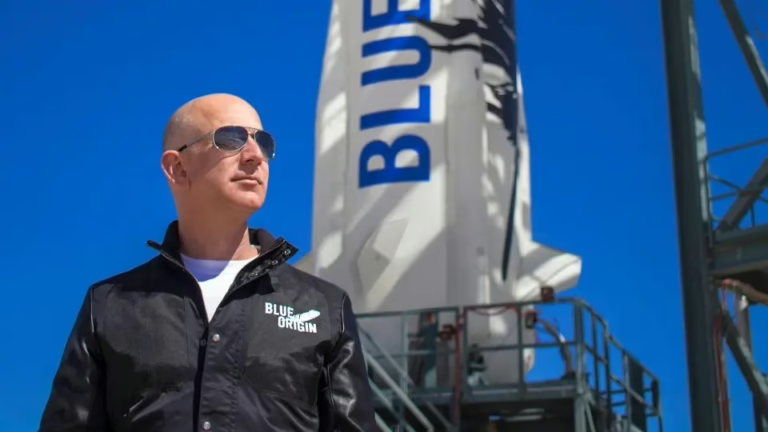In a pioneering move for interplanetary missions, NASA and Blue Origin are set to deploy two spacecraft to Mars, representing one of the most ambitious collaborations between a government space agency and a private aerospace firm to date.
The mission, named ESCAPADE (Escape and Plasma Acceleration and Dynamics Explorers), involves twin probes designed to explore the effects of solar wind on the Martian environment.
Planned for launch during the upcoming Mars transfer window, this endeavor highlights a transformative phase in space exploration, fueled by innovation, competitive spirit, and strategic commercial partnerships.
RELATED: NASA Discovers Massive Exoplanet 13 Times Jupiter’s Size, But Conditions Are Uninhabitable
NASA representatives explain that the dual spacecraft will not only deepen scientific understanding of Mars but also serve as a testbed for cutting-edge deep-space technologies. One probe, engineered by NASA’s Jet Propulsion Laboratory (JPL), will analyze the Martian atmosphere and surface characteristics, while the other, crafted by Blue Origin, will trial advanced propulsion and landing technologies aimed at supporting future crewed and cargo missions.
This partnership leverages NASA’s extensive scientific expertise alongside Blue Origin’s innovations in reusable rocket systems, aiming to lower mission expenses and boost launch cadence.
Should the mission succeed, it will reinforce the United States’ leadership in Mars exploration and open doors for increased private sector involvement in planetary research initiatives.






















